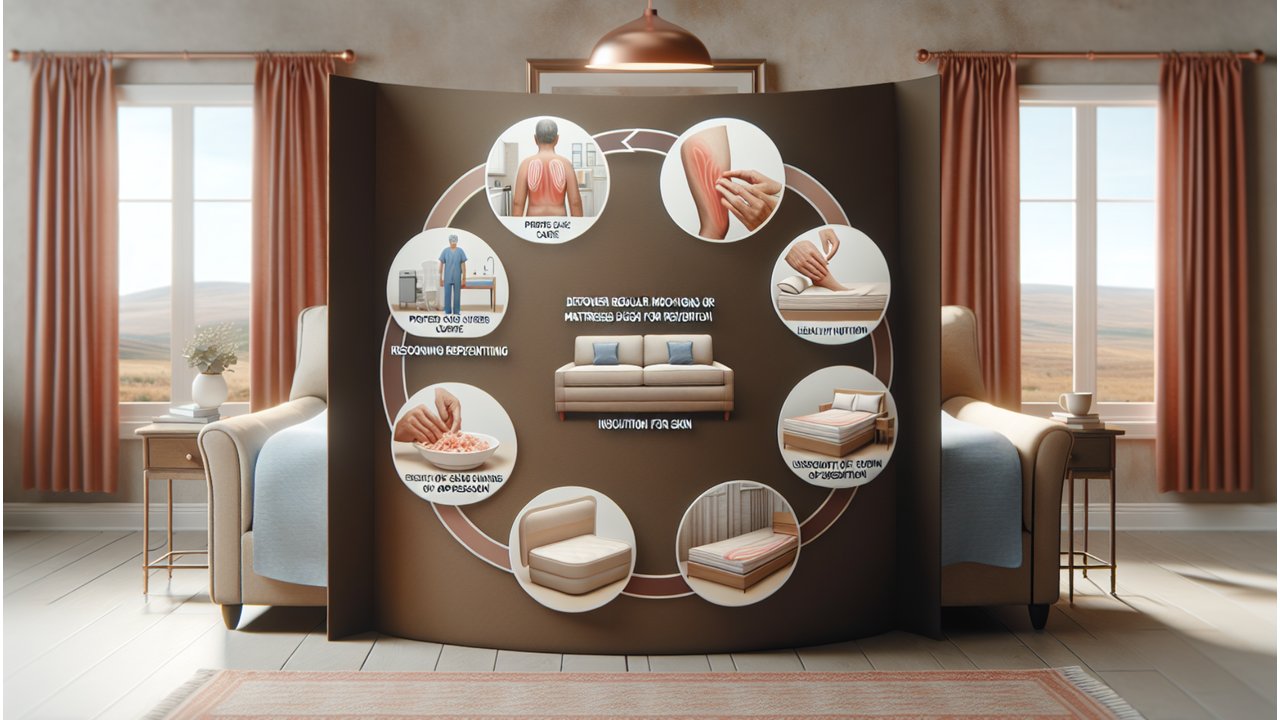In order to avoid the development of pressure ulcers, or bedsores, while at home, there are specific measures that can be taken, as highlighted by Dallas wound care experts. These include proper skin care, regular movement and repositioning, adequate nutrition, and using specialized cushions or mattresses. It is important to also monitor for any changes in skin appearance or sensation, and seek medical attention if necessary. By following these guidelines, individuals can effectively prevent pressure ulcers and maintain their overall health and well-being at home.
Understanding Pressure Ulcers
Pressure ulcers, also known as bedsores or pressure sores, are skin injuries that occur when there is prolonged pressure on a specific area of the skin. They are most commonly seen in individuals who are bedridden, use wheelchairs, or have limited mobility. Pressure ulcers can be very painful and can lead to serious infections, making it crucial to prevent them. In this blog post, we will discuss some practical ways to prevent pressure ulcers at home.
Maintaining Skin Health
A key factor in preventing pressure ulcers is maintaining healthy skin. It is essential to keep the skin clean and dry to avoid any friction or irritation that could lead to pressure ulcers. Make sure to use mild soap and lukewarm water when bathing, and pat dry the skin instead of rubbing.
Repositioning
One of the most effective ways to prevent pressure ulcers is by repositioning the body regularly. If you or your loved one is bedridden, try to change positions every two hours. If you are using a wheelchair, try to shift weight every fifteen minutes. Repositioning helps to relieve pressure on vulnerable areas of the skin and promotes blood flow.
Proper Nutrition
A well-balanced diet is crucial in preventing pressure ulcers. Your body needs the right nutrients to maintain healthy skin. Make sure to include foods rich in protein, Vitamin C, and zinc in your diet. Keeping your body hydrated is also important as it helps to keep the skin moisturized.
Use Specialized Equipment
In some cases, specialized equipment may be necessary to prevent pressure ulcers. If available, use pressure-relieving mattresses and cushions. These assistive devices reduce the risk of pressure injuries by evenly distributing weight and decreasing pressure on vulnerable areas of the body.
In conclusion, preventing pressure ulcers is a vital part of wound care. By maintaining healthy skin, repositioning regularly, consuming a well-balanced diet, and using specialized equipment, you can significantly lower the risk of developing pressure ulcers. If you are experiencing pressure ulcers or have any concerns regarding wound care, consult a wound care expert for personalized and effective treatment.
Book an Appointment
Find a Wound Care Specialist
Wounds can severely impact your health and quality of life. It’s important to choose a wound care specialist with the appropriate knowledge, training and resources to meet your needs. Contact U.S. Wound today for a wound consultation.


 (800) 880-6493
(800) 880-6493